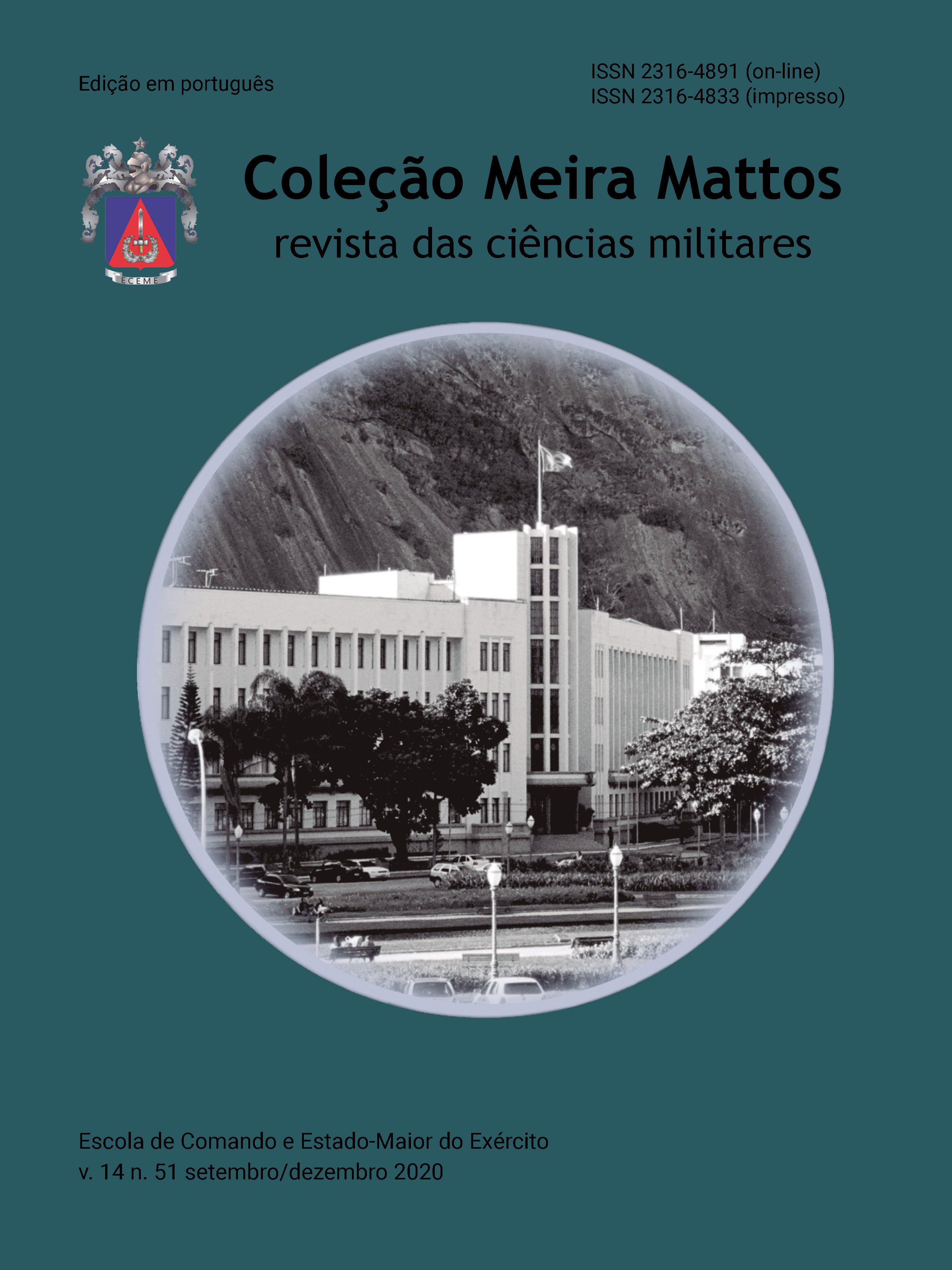Uma avaliação das ciberameaças e das migrações como desafios para a Comunidade de Segurança Pluralista da União Europeia na Ordem Mundial 2.0
DOI:
https://doi.org/10.22491/cmm.a034Palavras-chave:
União Europeia, -chave: União Europeia., Cibersegurança, MigraçãoResumo
Este artigo parte da premissa de que a União Europeia é uma Comunidade de Segurança Pluralista resultante de interações simbióticas entre variáveis materiais e ideacionais, tais como crenças, identidades, capacidades materiais, fronteiras, distribuição/percepção de poder, anarquia e polaridade, o que dá a este modelo teórico maior consistência analítica e densidade ontológica. Analisando as ameaças potenciais com que a UE está sendo confrontada e pelas externalidades negativas que elas podem gerar em um futuro próximo, somos levados a refletir sobre algumas questões paradigmáticas: a UE atingiu os limites de sua capacidade para lidar efetivamente com os desafios contemporâneos? Consequentemente, existe a necessidade de um novo plano de ação europeu coordenado sobre questões de segurança e defesa? Para verificar como a UE vem enfrentando alguns desses desafios e como eles impactam as características definidoras da UE como uma Comunidade de Segurança Pluralista, a cibersegurança e a migração foram selecionadas como nossos objetos de análise por serem bons exemplos de problemas transnacionais com os quais o sistema internacional contemporâneo está sendo confrontado.
Downloads
Downloads
Publicado
Como Citar
Edição
Seção
Licença
A Coleção Meira Mattos (CMM) está licenciada:
A partir de 2019 sob as condições do Creative Commons (CC BY 4.0)
Até 2018 sob as condições do Creative Commons (CC BY-NC-SA 4.0)
As licenças estão informadas na página de acesso do artigo e detalhadas na página Direitos Autorias desta publicação.
Copyright: O autores são os detentores do Copyright, sem restrições, de seus artigos.
Aviso
Para qualquer reutilização ou distribuição, você deve deixar claro a terceiros os termos da licença a que se encontra submetida esta obra.


